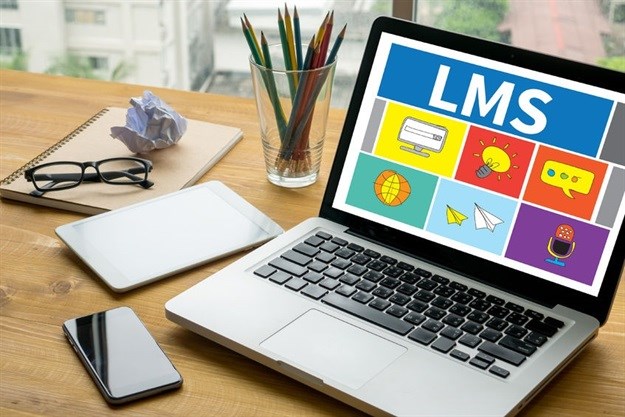
Top stories



Energy & Mining#MiningIndaba: Untapped mineral potential shows South African mining is a sunrise industry
16 hours



More news














Construction & Engineering
Egypt plans $1bn Red Sea marina, hotel development










Until recently, e-learning modules and LMS were connected with a set of technical standards called the Sharable Content Object Reference Model, or SCORM. Now recognised as an old and somewhat outdated protocol, SCORM is replaced by a newer standard called the Tin Can API (sometimes known as the Experience API or xAPI), a new specification for learning technology that makes it possible to collect data about the wide range of learning experiences a person has online and offline. Learning experiences are recorded in a Learning Record Store (LRS).
While both control how LMS and e-learning content communicate with each other, xAPI comes with a series of unbeatable advantages. It is more reliable and offers better tracking but what makes it better is that it allows a richer flow of data, thus increasing learning possibilities.
An LRS is xAPI-compliant, which means it envelopes more learning data than LMS does and makes the entire process very flexible. The experiences it collects can come from various sources. Besides enabling one to connect with intranet and mobile apps, it also draws records from offline mode.
The fundamental difference between an LMS and an LRS is same as that between SCORM and xAPI. Though both systems record learning data, LRS has a wider reach. The entire learning experience supported by LMS is locked inside the system while LRS allows one to share with others and vice versa.
Though LRS is developed as a stand-alone system, companies and organisations use it as a powerful addition to existing LMS. When integrated, they reach their full potential. The learning records collected by an LRS are then leveraged for improved analytics and reporting.

The varied benefits of using a Learning Record Store are the direct consequences of its ability to connect with various e-learning sources. Regardless of which industry one is part of, one can leverage them for creating a richer learning environment and improving ones overall teaching process.
Experiential learning is the base of all progress. While education improves ones skill sets, learning data allows one to increase the effectiveness and overall performance of ones business. By relying on other people’s learning experiences, LRS encourages and enables both individual growth and general advancement.

Whether it comes to employee onboarding or continual learning, LRS and LMS are irreplaceable. While LMS will help one teach, LRS will empower one with learners’ performance data. This information will tell one everything one needs to know about how to make ones lectures better, personalised and which teaching style yields best results.
When armed with learning records, one can analyse the relationship between experiences and outcomes. The results of these studies can make the decision-making process easy and effective. One can implement them into sales, marketing and customer satisfaction strategies. Productivity, employee satisfaction, day-to-day operations and task management can also benefit from LRS-acquired data.
Both educational organisations and thriving companies use Learning Record Stores. Their interfaces, features, security systems and pricing models differ from one type to another, which is why a solution should be chosen in accordance with ones organisation’s specific needs.
A LRS can greatly improve training engagement, student satisfaction, performance and attainment. In the digital age that we live in, educational bodies are better positioned to achieve their goals with an LRS. Businesses, on the other hand, can only become smarter, resourceful and more successful.